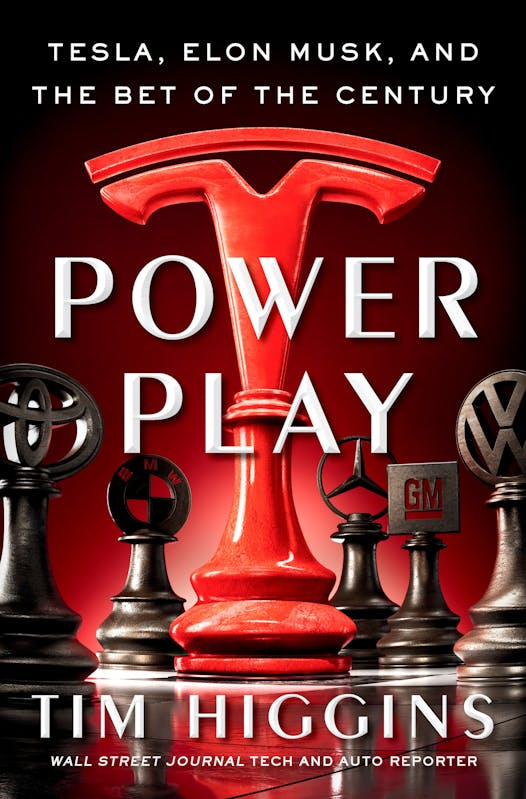Tim Higgins received an interesting prepublication blurb for "Power Play," his nonfiction account of Elon Musk's car company. It was from Elon Musk.
In an author's note, Higgins says Musk was given an opportunity to review and comment on the manuscript and replied simply: "Most, but not all, of what you read in this book is nonsense."
Not a surprising response, given that he does not come off saintly.
Ironically, though not a saint, he may prove a savior. Remember the months after the pandemic hit, when gas guzzlers were largely off the road and you could step outside and see clear skies? That is Musk's vision of an electric car future, one he's pursued with single-minded fervor.
Certainly, the idea of electric cars is not new; several companies were working on one in 2003 when Tesla was founded, by Martin Eberhard and Mark Tarpenning. They brought in Musk despite his reputation for being difficult (he'd been canned as PayPal CEO by a board unhappy with his management style) because they needed his cash. Also, he promised to be a passive investor. He was not.
He took over, forcing out anyone who disagreed with him (including eventually Eberhard). He set unachievable goals and fired anyone who pointed out his faulty reasoning. In the rush to meet unrealistic promises, defective cars were coming off the assembly line — "doors wouldn't shut, windows wouldn't work."
Attendees at his weekly executive meeting wondered "who he would be devouring next." In addition to being a poor manager, he made situations worse by doing dumb things.
He called a critic of the rescue submarine sent to save Thai youth stuck in an underwater cave a "pedo guy." He smoked what looked like weed on a popular podcast. He tweeted he was going to take the company private, a lie that resulted in an SEC investigation and fine. He pushed through a risky purchase of a close-to-failing Solar City (he was that company's chair, as well) despite the advice of analysts.
In short: He frequently was his own — and the company's — worst enemy.
And, yet, despite the distractions — he also runs Space X, the successful rocket company, and the Boring Co., which recently completed an innovative underground loop tunnel in Las Vegas — Tesla stands. It has produced one innovative vehicle after another. And though he may have been a mean S.O.B., using and spitting out executives, the executives performed miracles for him, including creating safe battery packs, before they themselves were sent packing.
Higgins, who covers technology and autos for the Wall Street Journal, has done an outstanding job. He's performed a deep dive into the nuts and volts of Tesla. His book is extensively researched, including interviews with (unfortunately but understandably) anonymous current and former execs.
While the book is long, there's no sense that it is bloated. The only question Higgins doesn't answer is if the ends justified Musk's means. Ultimately, the climate might say yes. But as for the people he tossed aside, well, not so much.
Curt Schleier is a book critic in New Jersey.
Power Play
By: Tim Higgins.
Publisher: Doubleday, 400 pages, $30.

The 5 best things our food writers ate this week

A Minnesota field guide to snow shovels: Which one's best?

Summer Camp Guide: Find your best ones here

Lowertown St. Paul losing another restaurant as Dark Horse announces closing



